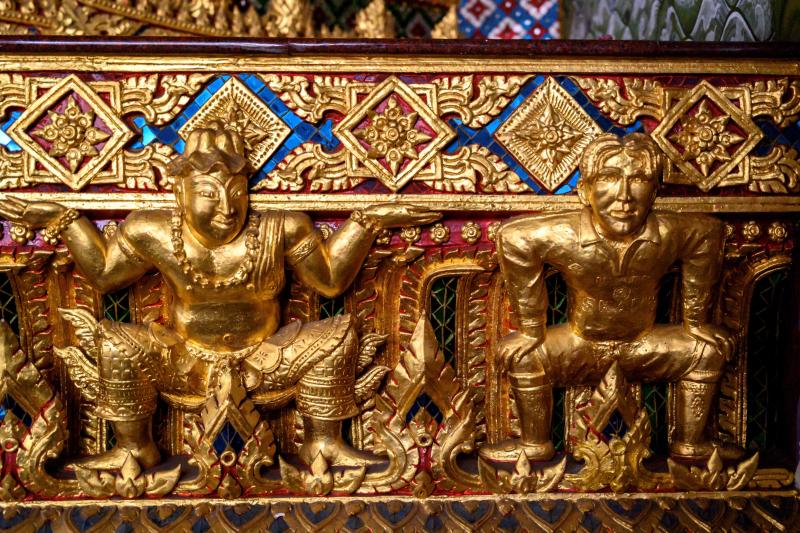
The government aims to revamp the trading regime for gold by the end of the year to prevent bouts of currency strength when the precious metal climbs in value.
Gold exports represent about 1% of Thailand’s gross domestic product, compared to just 0.1%-0.2% in other markets, according to Goldman Sachs Group Inc. Shipments tend to rise alongside prices, pushing up the baht as foreign exchange flows into the country.
“We are in the process of adjusting the ecosystem of gold investment,” Bank of Thailand (BoT) Governor Veerathai Santiprabhob said in an interview Tuesday in Bangkok. “We need to have the foreign-currency deposit ecosystem. It’s in process, a few banks are working with us, it should be rolled out very soon. It should be this year.”
Between mid-July and early August the baht become Asia’s top-performing currency versus the dollar as gold rallied to a record. It weakened subsequently as the precious metal slid and the Thai economy continued to struggle. Overall this year, the baht is down about 4.5% against the greenback.
“Gold investors will have to place their money in foreign-currency deposits, and the foreign-currency deposit will be used as the mechanism to trade between individual investors and gold brokers,” Mr Veerathai said.
Mr Veerathai said he expects more volatility in the exchange rate as well as a substantial drop in the current-account surplus this year. There’s a reduced perception of the baht as a safe haven compared with the past year or two, he added.
“We have to monitor the value of our currency very closely and make sure that it’s conducive to economic recovery,” he said. “But we haven’t manipulated or managed our currency for trade benefits.”